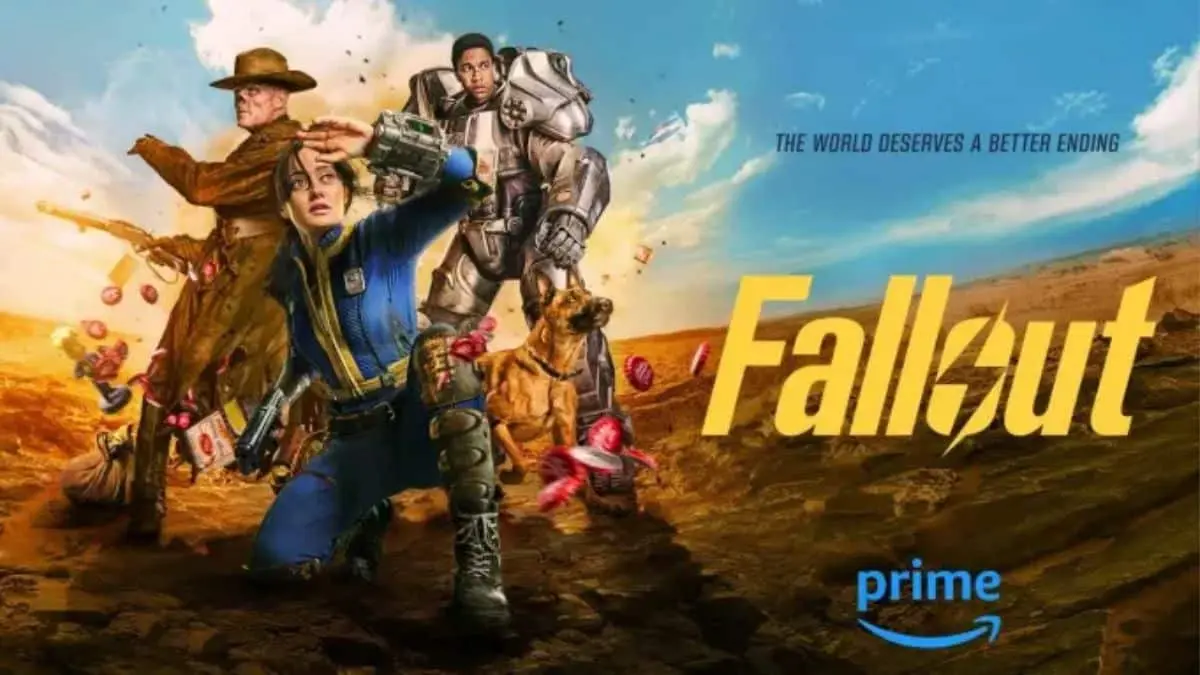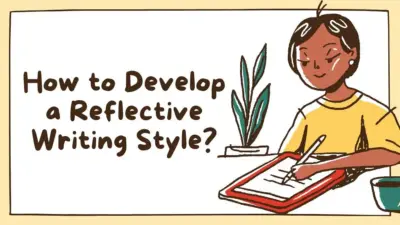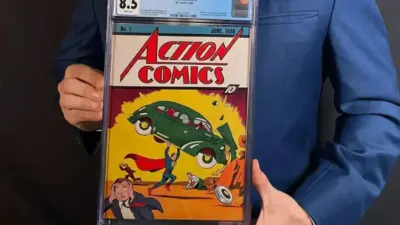In a world ravaged by nuclear catastrophe, where the remnants of civilization cling to survival in underground vaults, Prime Video’s latest offering, “Fallout,” emerges as a beacon of exceptional storytelling. Inspired by the iconic video game series, this adaptation plunges audiences into a gritty, retro-futuristic landscape where hope and despair collide in equal measure.
The journey begins with a stark proclamation – “The End” – as viewers are thrust into the harrowing aftermath of nuclear annihilation alongside Cooper Howard, portrayed with captivating depth by Walton Goggins. From this chilling prologue, “Fallout” unfurls a narrative tapestry spanning 219 years, traversing the desolate wasteland above and the claustrophobic confines of the vault below.
At the heart of this saga lies Lucy MacLean, portrayed with poignant authenticity by Ella Purnell. As a young vault dweller thrust into the unforgiving expanse of the surface world, Lucy’s odyssey becomes a microcosm of resilience and redemption amid the ruins. Purnell’s portrayal captures both the vulnerability and unwavering determination of her character, anchoring the series with a compelling emotional core.
One of the series’ greatest strengths lies in its meticulous attention to detail, a hallmark of the Fallout universe. From the satirical nods to pre-apocalyptic society to the grotesque yet captivating creatures that roam the wasteland, every frame resonates with immersive world-building. creator Todd Howard and his team have painstakingly crafted a visually stunning homage to the beloved franchise, seamlessly blending CGI spectacle with a rich tapestry of retro-futuristic aesthetics.

Yet, amidst the spectacle, it’s the nuanced performances that truly elevate “Fallout” to unparalleled heights. Aaron Moten and Sarita Choudhury deliver standout portrayals, infusing their characters with a palpable sense of determination and world-weariness. Meanwhile, Goggins mesmerizes as the enigmatic gunslinger, Cooper Howard, infusing the role with equal parts charm and gravitas.
However, “Fallout” is not without its flaws. While the series deftly balances moments of levity with visceral violence, pacing issues occasionally disrupt the narrative flow. The inclusion of flashbacks, while enriching the world-building, can at times feel disjointed, detracting from the momentum of the main storyline.
Nevertheless, these minor quibbles pale in comparison to the sheer brilliance of “Fallout’s” character-driven narrative. As Lucy’s journey unfolds, navigating a landscape fraught with peril and betrayal, the series delves into themes of resilience, morality, and the enduring human spirit. It’s in these quieter moments of introspection and revelation that “Fallout” truly shines, culminating in a finale that leaves audiences clamoring for more.
In conclusion, “Fallout” stands as a testament to the power of adaptation done right. With its stellar performances, breathtaking visuals, and immersive world-building, it transcends the boundaries of its source material to deliver a post-apocalyptic epic for the ages. As the embers of civilization flicker in the darkness, “Fallout” serves as a beacon of hope amidst the ruins, reminding us that even in the face of annihilation, humanity endures.
Also Read: The Fallout TV series has received a positive indication for a second season




